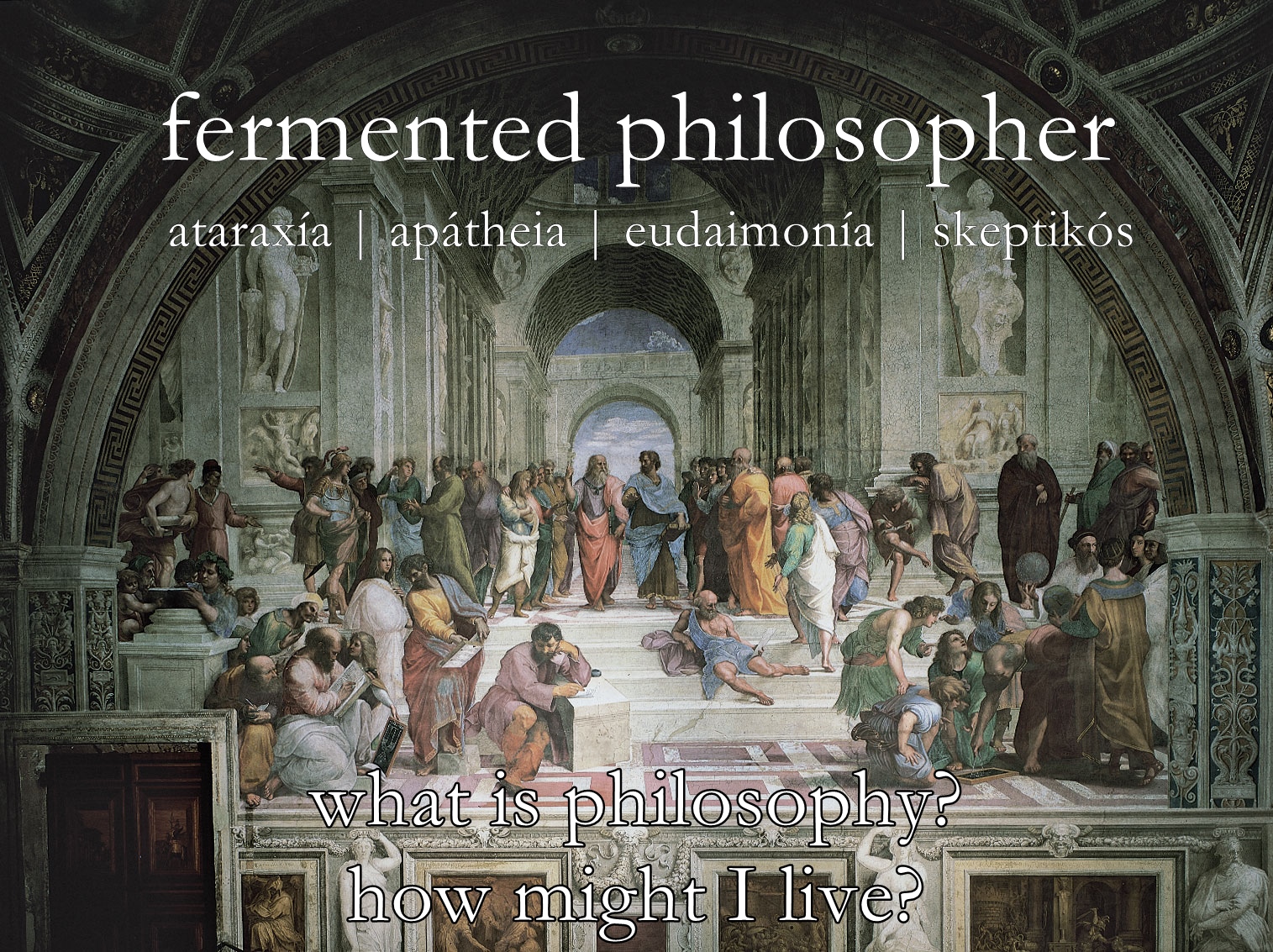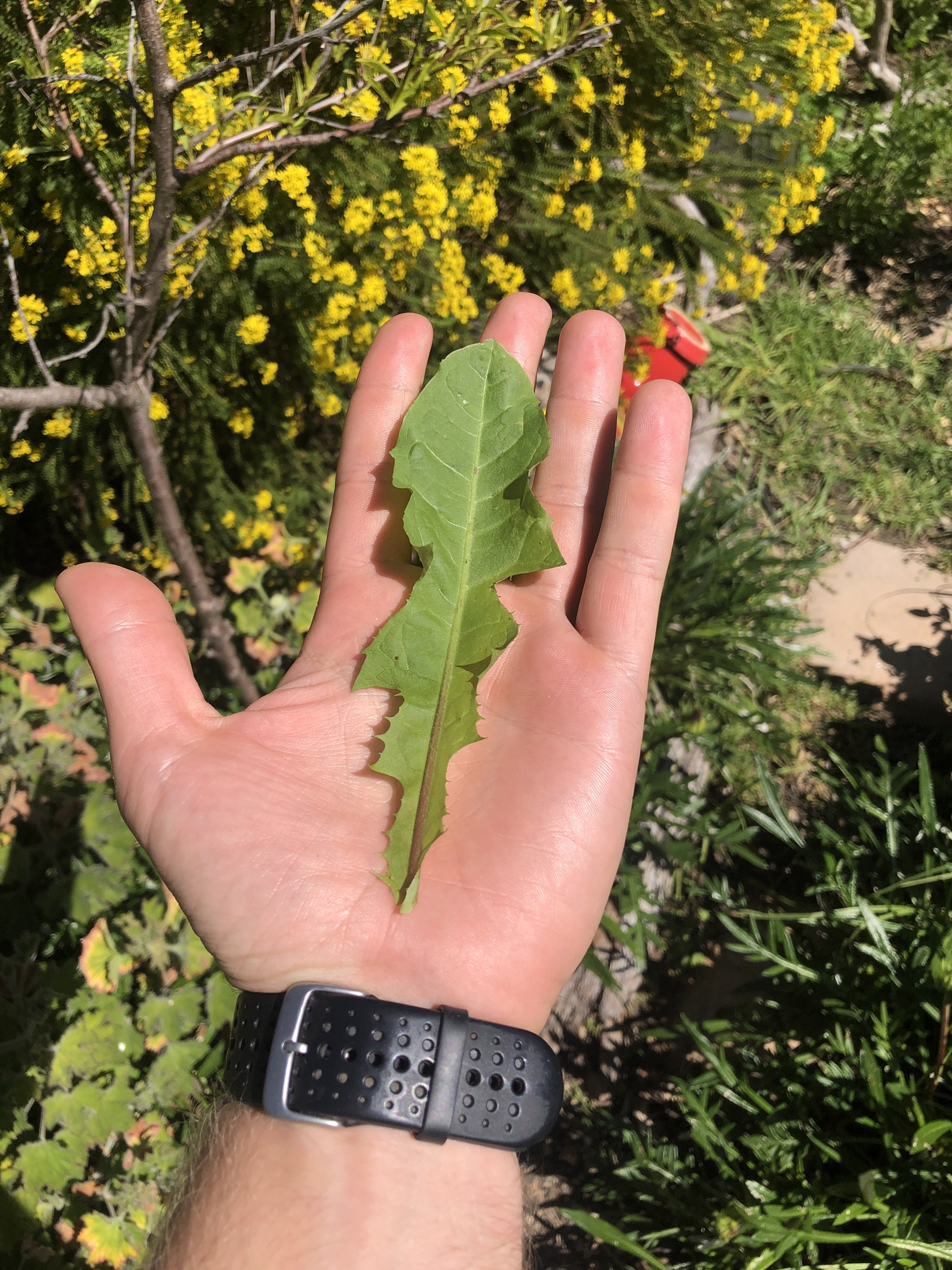Logic and the Analysis of Language (Games): Using Logic to Answer the Question as to How I Might Live

Part 10: Logic and the Analysis of Language (Games)
Introduction
Language is at the same time highly understandable and wholly incomprehensible or unintelligible. In a recent video by the YouTuber CGP Grey, (from 1:42 min to 2:29 min) he states the trouble of human communication, especially when we think that human communication is simple. Language has been the staple for both continental and analytic philosophers. Or more specifically, almost every philosophical school has analysed language and our use of language in some sense. There are various reasons for this, but one important reason is linked to our worldviews and how we make up that worldview via language. This is of utmost importance for the question “How might I live?” because it functions inside of a language (game). In the following introductory post, I will briefly lay out the idea of and the importance of logic in relation to this question. If you search for any introductory course on logic on the internet, you will find some great resources. I will thus not try and introduce logic here per se. What these otherwise excellent courses lack (in my opinion) is that they do not answer the question: How might I incorporate this new knowledge (of logic) into my own day to day life?. In this post, I want to briefly start this conversation.
What is Language? What is Logic? What even is a Language Game?
“We live within language” writes the philosopher Sandy Grant in a post on Wittgensteinian language-games. I think we need to emphasise that “within”. If one tries to think without language, one might visualize some imagery, but in no time one’s thoughts are back to some form of language. I think one might go as far as stating that language is part of how we experience life. Some philosophers have tried to argue for a universal language of thought (they refer to this language as “mentalese”) but I feel this falls short of what we experience. Even if there is such a thing as mentalese or a universal language of human thought, we experience our day-to-day life within a particular language. This particular language also shapes our worldview and how we come to have that worldview. How we see the world is, in some sense, influenced by our language. (There is a somewhat controversial hypothesis, the Sapir–Whorf hypothesis, that your language literally determines what you see in the world. I am not making this strong a claim.) Take the silly example of two speakers of different languages. In language A, one might refer to a complicated thing or mathematical problem as being “Greek”. In language B, one might state that it is “Chinese” to you. The same message is conveyed but with different imagery. This example also shows that in two different languages there is a physical difference; in Language A the speaker refers to Greek as something as complicated as a math problem; in Language B, the speaker instead states that it is Chinese that is so complicated.
We can extrapolate this to our whole being in the world and language. Different cultures and language will, in some sense, emphasise certain things which other languages does not. This will in some way “construct” your worldview. You cannot shape your worldview according to French metaphors, for example, when you are a native English speaker who does not know about any French metaphors. But one can state that the same languages rules that govern French metaphors govern English metaphors. Or, in other words, we all play a certain game with language and the rules governing these language games are, in some sense, universal.

One such universal rule that governs these games, is Logic. Logic is a very complicated subject with different subdisciplines. You have, for example, modal logic or formal logic. There are various ways from which one can tackle the subject, but as stated I do not want to introduce logic here. There are various incredible sources one can find for free on the internet. So, to briefly state what logic is, one might state that it is the tool we can use to analyse and judge arguments we make in language. (This is obviously an oversimplification, but I think it captures the essence of what it is.)
Logic and How to Live a Good life
To briefly sum up and to introduce this rather complicated subject, we use language in everyday life. We live, so to say, within language. We experience the world through language, and we convey this experience via language to others. This can be seen as a game we play, but this game is governed by rules. One way of analysing these rules is with the help of logic. Logic is particularly focused on how to analyse and judge arguments in language. Why is this important for our question as to how one might live? I will supply this answer with the help of a book by Dr. Deborah J. Bennett, a professor of mathematics. In her book, Logic Made Easy, she claims that logic can help us with
- being more aware of our use of language,
- clearer thinking,
- clarifying ideas,
- evaluate thoughts,
- critical thinking, and
- not to be deceived by language.
And this is what I want to do with this mini-course on Logic and How to Live Life: to help you use logic to analyse arguments, to see how the media and others are potentially deceiving you through language, and how you can use these tools facilitated by Logic in your life to actually start to answer the question: How Might I Live.
In the upcoming weeks, I will introduce fallacious thinking and how you can spot arguments that will steer you away from thinking for yourself. I think in our social media-driven world we are deceived too easily; simple logic can help you counter this. The clearest example is in marketing: how many times have a celebrity tried to claim authority on a product even though that authority figure does not have expertise in the subject? (For example, Tiger Woods claiming the health properties of a certain soap would for anyone with a background in Logic seem odd and as a bad argument to make.) I hope that with this short post, I whetted your appetite and that Logic might help you to answer the question to as how you might live (a good life).









Comments